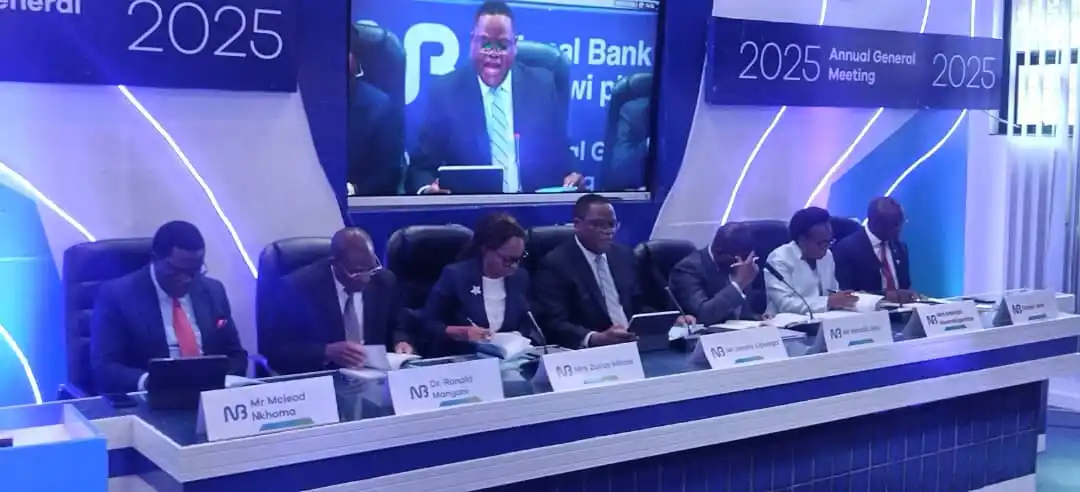

Treasury plans to borrow a total of K568.018 billion domestically between July and September this year, The Daily Times has established.
The information is contained in a letter dated June 28 2024 from Secretary to the Treasury Betchani Tchereni to Reserve Bank of Malawi (RBM) Governor Wilson Banda regarding the Treasury Bills and Treasury Notes Calendar for July to September.
The letter was posted on the central bank’s website on Tuesday.
“I refer to the working session involving officers from Treasury and the Reserve Bank of Malawi (Financial Markets and Banking Departments), which was convened in Mponela, Dowa, to prepare the Domestic Debt Issuance Calendar for the period starting July 2024 to September 2024.
“Accordingly, the bank is hereby requested to publish and advertise the attached Issuance Calendar…,” Tchereni said in the letter.
The borrowing will bring the total debt acquired in the first half of the 2024-25 fiscal year to K1.159 trillion after Treasury borrowed K581 billion in the first quarter, from April to June.
Throughout the 2024-25 budget, government plans to borrow K1.2 trillion from the domestic market to finance deficit in the K5.98 trillion budget.
The K568 billion borrowing in the second quarter would mean Capital Hill has borrowed about 96 percent of its planned domestic borrowing budget in just two quarters.
This would leave the Treasury with a K41 billion borrowing headroom for the remaining half of the 2024-25 financial year.
Executive Director of Malawi Economic Justice Network, Bertha Phiri, said yesterday that the rapid domestic borrowing indicates significant budgetary pressure.
“It appears we have normalised borrowing and the Government of Malawi is borrowing at such speed, mortgaging the future of our youth and children.
“Our budget is certainly under pressure. This makes us wonder what has gone wrong with the country’s domestic revenue mobilisation efforts,” she said.

Scotland-based economist Velli Nyirongo agreed with Phiri that the “substantial borrowing” early in the fiscal year indicates the budget is under pressure.
“If the need for borrowing continues at this pace or increases, the government may face challenges in meeting its financial obligations without exceeding the planned borrowing limit, leading to potential fiscal strain.
“This situation also reflects challenges in maintaining fiscal discipline, particularly in the context of the upcoming election. Consequently, there is a heightened risk of excess borrowing,” Nyirongo said.
In a separate interview yesterday, president of the Economics Association of Malawi, Bertha Bangara Chikadza, said based on the statistics, it may appear that government has already borrowed a significant portion of its planned domestic borrowing.
She, however, noted that the borrowing is not necessarily limited to K41 billion because government has been repaying some of the borrowed funds from previous quarters.
This implies government’s capacity to borrow in the remaining quarters could be more, depending on how much it has repaid on matured loans.
“Furthermore, it is reasonable to assert that the government is facing these fiscal issues because the Malawi Revenue Authority has consistently failed to meet its targets in recent quarters.
“This situation underscores the challenges the government must navigate to fulfil its mandate effectively,” Bangara Chikadza said.
In his February 23 2024 budget statement, Finance Minister Simplex Chithyola Banda announced that as of December 2023, public debt stood at K12.56 trillion, representing 84.8 percent of Malawi’s gross domestic product.
Of that, 6.62 was external debt while domestic debt amounted to K5.94 trillion.
Chithyola Banda said the devaluation of the Kwacha had exacerbated the external debt component.








0 Comments